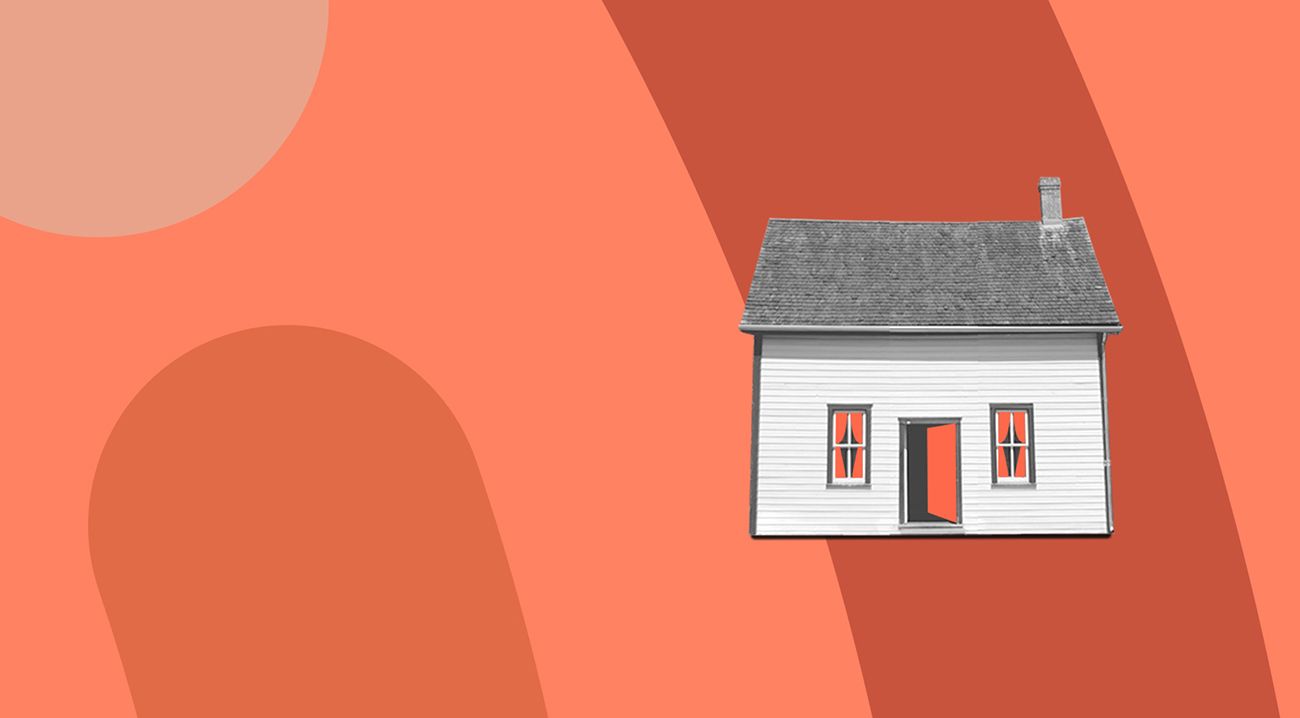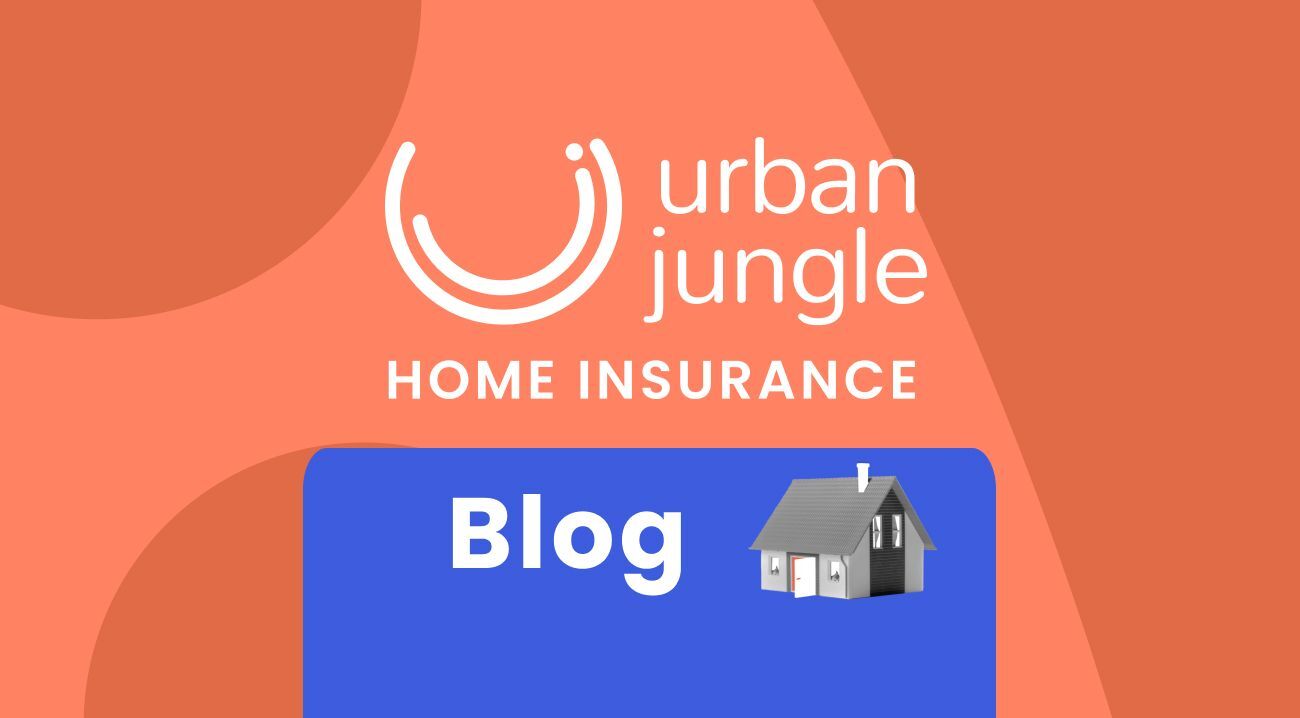What is the value of my house?

What is the value of my house?
What your house is worth can really depend on what the market is doing when you’re looking to sell. Up until September 2022, favourable interest rates caused some buyers to offer far over the asking price on certain houses to guarantee a sale. This, combined with a generally high demand for properties across the last 5 years, drove up house prices.
Recent changes to interest rates means the demand for houses has slowed, and some people expect house prices to drop in 2023. So, how much your house is worth can depend on a range of factors, but it all comes down to how much someone is willing to pay for it. In this blog we’ve outlined everything you need to know about getting a valuation on your house.
If you’re wondering when house prices might drop, you can check out our blog ‘Are house prices going to drop?’
What things affect the value of a house?
As well as the general state of the housing market, there’s a range of factors that can influence how much your house is worth. These are the things that affect a buyer wanting to buy your specific house and live in it (or rent it to someone else). They’ll be thinking about everything from the way it looks, to where it is, to how much potential it has for renovation.
Everything below can affect how much your house is worth:
- Where is the house? - Houses in areas with good access to schools, jobs, shopping, entertainment, and transport links are likely to be worth more. Houses in areas with high levels of noise and air pollution, high crime rates, and busy roads tend to be less attractive, so tend to cost less. If a house is in a really remote spot, on a flood plain, near power lines or a wind farm can also have a lower value . If your house is next to a beach with fishing rights it’s likely to be worth a lot to the right buyer.
- How big is the property? - Beyond the size of the house, the size of the entire property will play a role in how much it is worth. Houses that come with a large garden, or a piece of land on the side that could be redeveloped or expanded into are very attractive. The amount usable space in the building also plays a role. How big are the bedrooms in the house? Is the kitchen spacious and easy to cook in? Do you have a large attic or garage that could be converted? These are all questions that anyone giving you a valuation will be thinking about.
- How old is the property? - Houses built recently tend to be worth more as they will be fitted with new (and therefore reliable) plumbing, electrics, roofing, appliances and fittings. Older houses tend to have more potential for damp and structural issues, but they can have far more character and prestige in the neighbourhood. These things might not be deal-breakers but they can affect how much a house is worth.
- Has the house had any upgrades? - When we say upgrades we mean things that might have been added to the house that take it beyond its original planning. These can be larger additions like loft conversions, outbuildings, swimming pools, extensions, conservatories and offices. But, they can also be more internal such as the addition of underfloor heating, new plumbing, smart technology, appliances, and double or triple glazing. If you’ve added something to your house that makes it more enjoyable to live there, chances are that it has added value.
- Does the house have any planning permissions or legal disputes? - Houses sold with approved planning permissions can be very attractive to buyers looking to redevelop or expand on an existing property. On the other hand, if you’re trying to sell a house with an illegal extension or ongoing house improvements, chances are your house will be worth less, as few people want to buy a property in the middle of legal proceedings.
- Does the house look nice? - The last thing that can play a big factor in how much a house is worth is simply how nice it is to look at. This is fairly subjective but if you find a buyer that just really loves the way your house looks, there is a chance they’re willing to pay more to live there.
If you’d like to learn more about adding value to your property, you can check out our blog ‘What adds value to a house?’
How can I find out how much my house is worth?
Finding out how much your house is a fairly straightforward process. If you’re just curious for now, there are plenty of online valuation tools that can assess how much your house might be worth. These tools tend to use internal databases of nearby house sales, paired with public information around the location and their own knowledge to give you a fairly good estimate on the general value of your house. Most of these tools are free, you’ll just need to sign up to a mailing list.
If you’re considering selling your house and you would like a more detailed valuation, you can talk to any local estate agent who would likely be more than willing to value your house for you. They may charge a small fee for their time, or ask you to agree that they can represent you if you choose to sell. These valuations tend to be very comprehensive and are worth listening to if and when you decide to put your house on the market.
If you’re wondering the difference between a valuation and rebuild cost, you can check out our blog ‘How to work out rebuild cost’
@urbanjungle_ins The three house pricing factors you need to know 💷💸 Follow for more home-owning tips 👈
♬ SUN GOES DOWN - Andreas Roehrig
A few final tips…
Trying to understand what your house is worth can be a bit of an odd process, simply because of how much it is based on a constantly-changing market. That said, there are plenty of experts out there who can help you through the process. Here are a couple of final things to keep in mind:
- Lots of things can affect the value of your house. Even for things you might not think of, like superstition - if the locals think a house is haunted or it’s number 13 on the street, it could lose value.
- If you’re thinking about selling your house, it can be worth keeping an eye on any proposed changes to interest rates, as it can have a big impact on the housing market so might cause your house to gain or lose value in a short period of time.
Urban Jungle is not a financial advisor and information in this article should not be taken as advice or recommendation.





